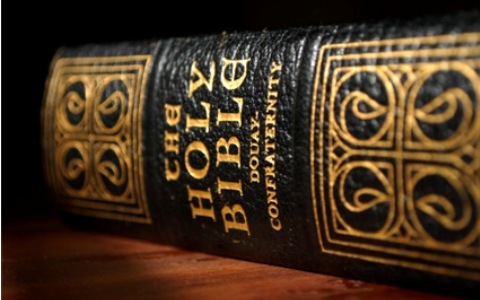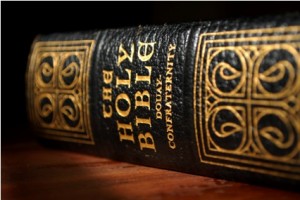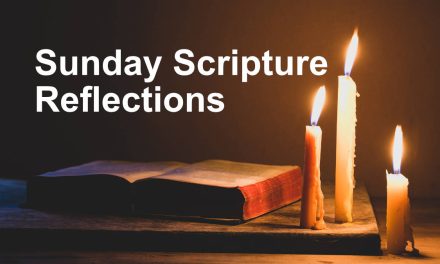Tax collectors have never been popular. But in Roman Palestine, they were particularly hated. It was bad enough that they collaborated with the foreign oppressors. Its understandable that the Jews felt about the same thing for the Romans as the French did for the occupying Nazis in World War II.
But the Roman system of “tax farming” made tax collectors especially despised. The Romans wanted to collect as much tax as they could without tying up there own personnel. So they recruited locals and gave them a percentage of what was collected. The more they could wring out of the people, the more they could keep.
So these blood-suckers profited off their countrymen’s misfortune. In so doing, they helped raise the funds necessary to finance the brutal repression of the chosen people by the pagans. Obviously, these dogs were beyond the pale, repugnant to all decent, God-fearing people, the enemies of God Hiimself.
Zacchaeus should have known that there was no hope for him. After all, he had done a particularly good job of extorting money from his countryman, for Luke 19:1 says he was a wealthy man.
But when Jesus came to Jericho, Zacchaeus just had to “see what he was like.” In John 6:44, Jesus says “no one can come to me unless the Father draws Him.” The tug that Zacchaeus felt inside was the grace of God drawing him to his Son. Chances are that God wished to draw others to come out into the street and see the Savior of the world. But many probably were just too busy. For them it was just business as usual.
Zacchaeus, on the other hand, not only dropped what he was doing, but went to great lengths to respond to this inner prompting of grace. He had a hard time seeing, for he was “small of stature.” So he tried to run in front of the crowd, and ultimately climbed a sycamore tree to get a good view of the celebrity.
There were many in the crowd. But Jesus zeroed right in on the short man in the tree. He had never met him, but called him by name: “Zacchaeus, hurry down, for I mean to stay at your house today.” To understand how shocking this was, consider that Jews made themselves ritually impure by entering the house of a public sinner. But this, of course, was not any Jew. A sinner could not make Him impure. Rather, He would purify the sinner.
Jesus saw past Zacchaeus’ crimes to his heart, which was open to the grace that prompted him to climb that tree. Inviting himself to the tax-collector’s home meant an offer of forgiveness, mercy, acceptance by God.
People knew this, and were stunned. They began to grumble. But Zacchaeus “stood his ground.” He was determined not to lose his chance at redemption. He instinctively knew that accepting Jesus into his home meant that his life had to change. His wealth had come at the expense of his people. Clinging to it would mean letting Jesus go. He had to choose. “I give half my belongings, Lord, to the poor. If I have defrauded anyone in the least, I pay him back fourfold.”
Notice that he did not buy his forgiveness through this almsgiving. He had already been offered mercy. Salvation came to Zacchaeus not by his initiative, but by God’s. Grace moved him out to the street and up the tree. And the offer to do lunch together was pure grace.
Yet Zacchaeus could have declined the offer. God is not about forced entry. The door must be opened from the inside. We must make the decision to yield to His mercy and receive the gift. And to receive the gift means that our hands must be empty. There are things we must let go if we want to grasp the hand of Christ. Like stolen goods, for example.
For Zacchaeus, it was a no-brainer. What he had to give up was nothing compared to what he was being offered. Is the choice as clear to you?
Editor’s Note: Reflection on the Mass readings for the Thirty-first Sunday in Ordinary Time (Year C) — Wisdom 11:22–12:2; Psalms 145:1-2, 8-9, 10-11, 13; Second Thessalonians 1:11–2:2; Luke 19:1-10. This series of reflections on the coming Sunday Readings usually appears each Wednesday.
Dr. Marcellino D’Ambrosio writes from Texas. For his resources on parenting and family life or information on his pilgrimages to Rome and the Holy Land, visit www.crossroadsinitiative.com or call 1.800.803.0118.
If you liked this reflection on the upcoming Sunday’s Mass readings, please share it with your friends and family using the Share and Recommend buttons below and via email. We value your comments and encourage you to leave your thoughts below. Thank you! – The Editors













